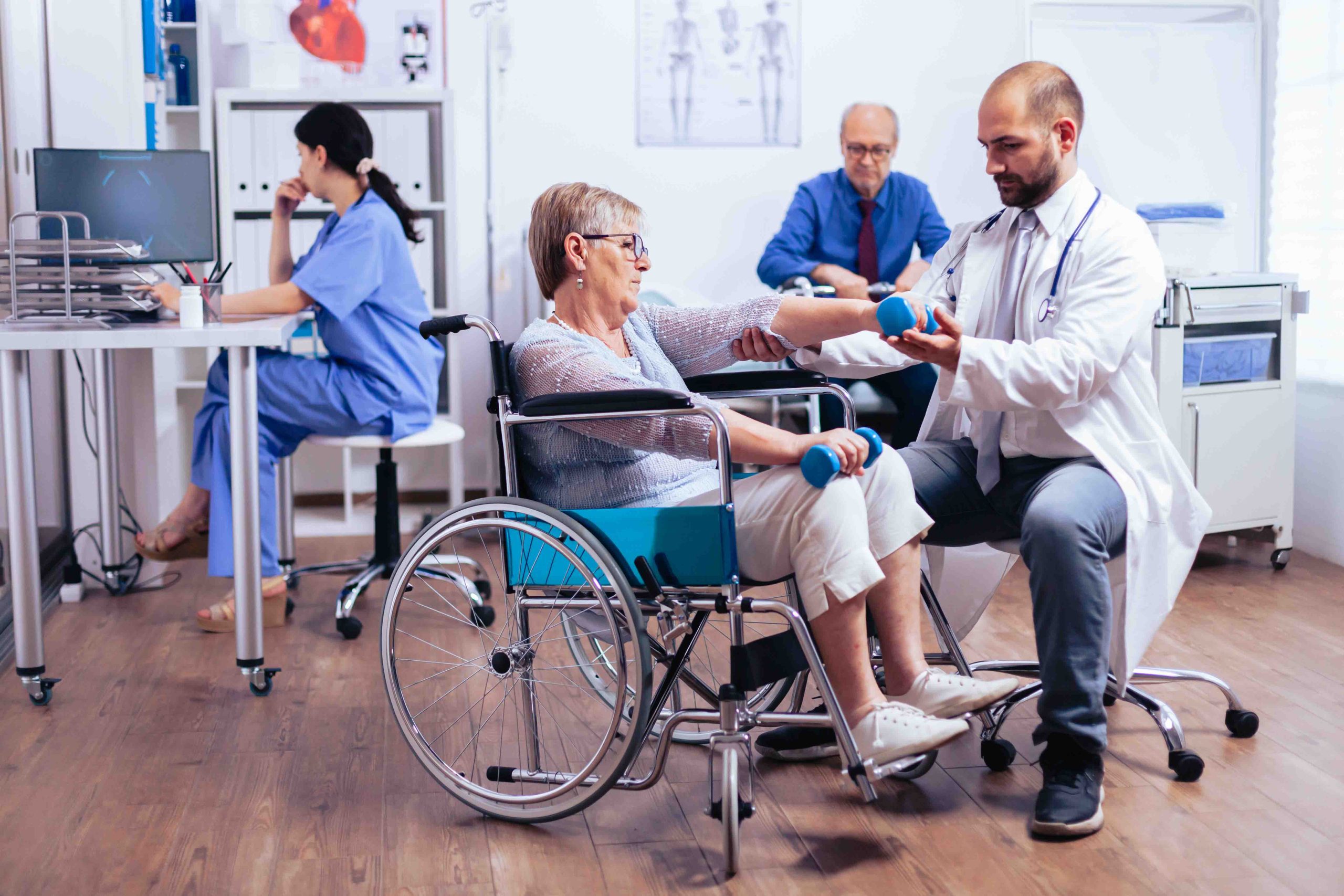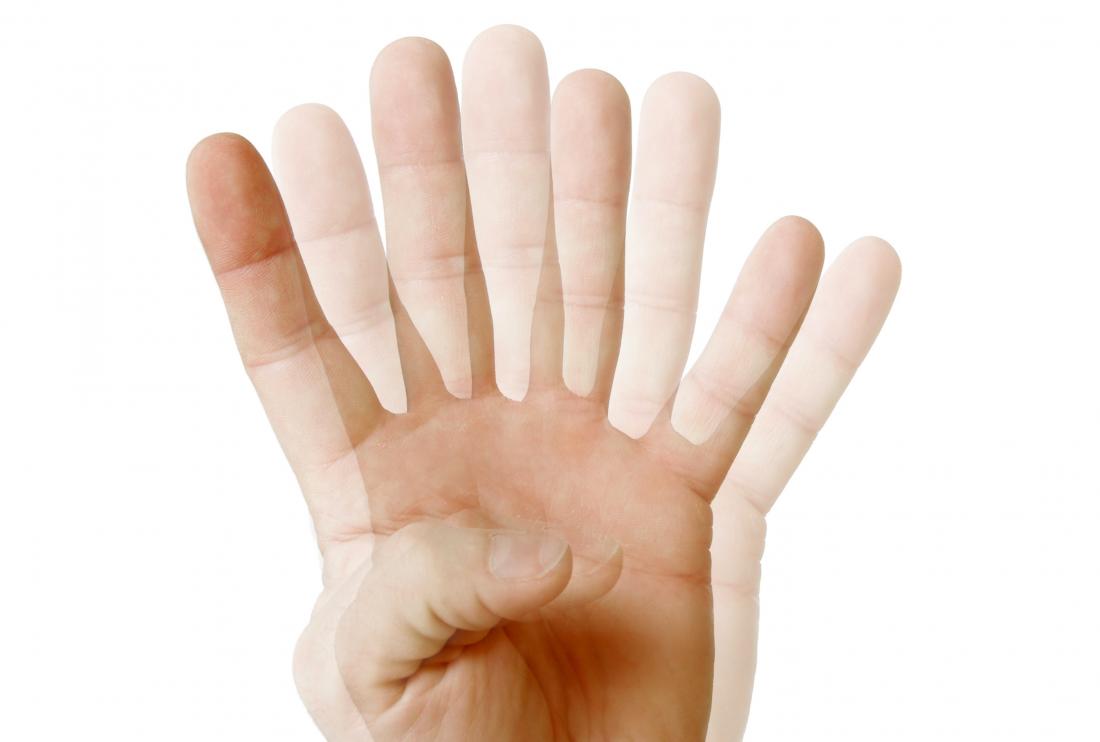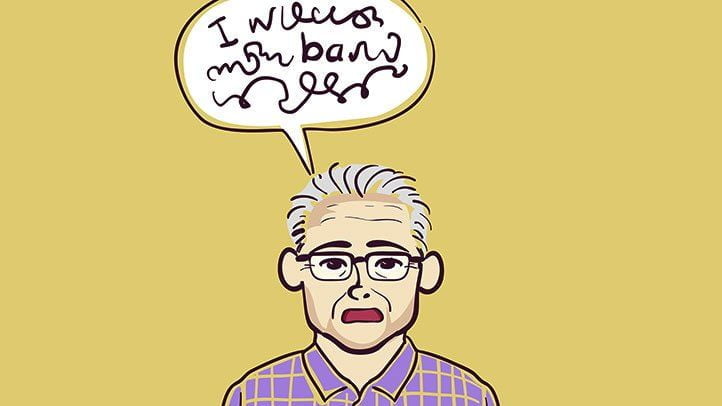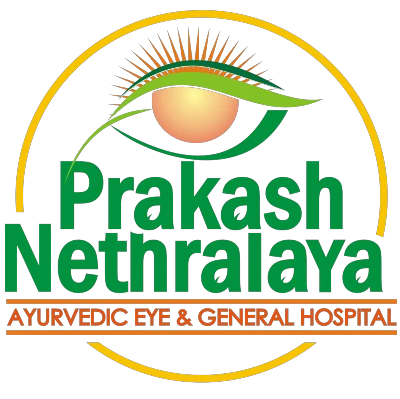Ayurvedic Multiple Sclerosis Treatment
Strengthen Nervous System & Prevent the Progression of Multiple Sclerosis with Ayurvedic Medicines, Panchakarma & Therapeutic Yoga
Ayurvedic Multiple Sclerosis Treatment
Strengthen Nervous System & Prevent the Progression of Multiple Sclerosis with Ayurvedic Medicines, Panchakarma & Therapeutic Yoga
Table of Contents
Toggle
Multiple sclerosis is a chronic disease that can easily ruin anybody’s life. Its effects literally sabotage the chances of normal life and leave the person cripple in every manner. Its progress in an individual cannot be predicted in any way. Some may experience mild symptoms like tingling in limbs, blurry vision and numbness. A few others, on the other hand, experience mobility issues, vision loss, and paralysis. An effective treatment is to slow down its progress and allow the patient a normal life as best as possible. There is an effective multiple sclerosis cure in Ayurveda that helps in controlling the disease symptoms and effects in the most natural way. Why go for heavy medication if it can be done in a natural way? If you feel intrigued, keep reading to find out how it treats the disease as complicated as this one.
What Is Multiple Sclerosis?
Multiple Sclerosis is a chronic neuroinflammatory disease affecting the central nervous system (CNS). The inflammation in the brain and spinal cord deteriorates myelin (the fatty protective covering of the nerve fibres), leading to disturbances in the nerve signals.
Causes Of Multiple Sclerosis
The cause of Multiple Sclerosis is unknown. It is an autoimmune disease in which the body's immune system attacks the body's cells. A combination of genetics, infections, mental stress, the side effects of certain medicines, and environmental factors are responsible for Multiple Sclerosis.
Symptoms of Multiple Sclerosis

Double Vision

Slurred speech

Numbness in Limbs

Body Pain/Fatigue
Numbness of the limbs, electric-shock sensations, poor coordination, partial or complete loss of vision, slurred speech, fatigue, dizziness, problems with sexual functions, and poor bladder control are the leading Multiple Sclerosis symptoms.
Types of Multiple Sclerosis
Clinically Isolated Syndrome (CIS)
It is the beginning of sclerosis with symptoms that never last for more than 24 hours. Its range is limited to a single episode but if the person has a second episode then it reaches the next stage of the disease.
Relapse-Remitting Multiple Sclerosis (RRMS)
The second episode of CIS that we spoke about in the above paragraph is known as Relapse-remitting MS or RRMS. It shows an increase of symptoms followed by several periods of remission and the symptoms stay a little longer this time. They either go partially or completely within a few days.
Primary Progressive Multiple Sclerosis (PPMS)
At this stage, the symptoms becomes more progressive without any remissions or relapses. There may be periods of stability in-between and some alternate periods when symptoms either get worse or better.
Secondary Progressive Multiple Sclerosis (SPMS)
At this stage, the person experiences episodes of remission and relapses. But at this stage, it is confirmed that the disease will now progress steadily.
Diagnosis and Multiple Sclerosis Treatment in Ayurveda
The doctors carry out numerous neurological and physical examinations and check the patient’s medical history. There is no single test that can diagnose this disease but the doctors definitely carry out MRI scans, spinal fluid analysis, and some other tests to confirm multiple sclerosis.
An imbalance of Vata and Pitta, when combines with Aam (the toxic material), leads to the pathology of Multiple Sclerosis. So, Multiple Sclerosis treatment in Ayurveda aims to balance the Vata-Pitta, by strengthening Kapha, correcting Agni, cellular metabolism, and enhancing Ojus (Immune system).
Panchakarma therapies Vaman, Virechan, Nasya, Vasti, Snehpana, Abhyanga, Shirodhara, and Udvarthanam, help improve the symptoms.
Our Approach To Multiple Sclerosis Treatment
Ayurvedic Treatment
Our Ayurveda expert does a comprehensive examination of the patient. A complete neurological assessment gives an idea about the damage and provides clarity of the treatment line. Several blood tests and an MRI scan may be required to confirm the diagnosis. Then, the doctor prescribes Panchakarma therapies, diet, and lifestyle changes. Patients with Multiple Sclerosis need to stay in the hospital for three to four weeks and continue Ayurveda medicines for about 2-3 years. You can get more information about the prognosis of the disease and the treatment line by an online video consultation with an Ayurvedic specialist.
Diet and Lifestyle Changes
- A Vaat-Pitta pacifying, healthy, balanced diet, mental peace, sound sleep, and Yoga promote a faster recovery.
- Junk food, fast food, non-compatible food, mental stress, tobacco, and alcohol will increase the symptoms, and the patient should avoid them.
- Multiple sclerosis patients need a good diet of probiotics and prebiotics. They need to eat things that improve their gut bacterial activity so it will be a good idea to add more yoghurt, curd, buttermilk and fermented food items to their diet.
- As for prebiotics, the patient should be given the optimum amount of onions, garlic, and green leafy vegetables.
- Patients of ML also face a lack of vitamins, so it is better to start vitamin supplements along with a vitamin-rich diet.
- Weight management is another tricky task that needs to be managed well. People who face mobility issues due to multiple sclerosis must be given a monitored diet of fats and carbs to keep their weight under control.
- Mood swings and oversensitivity is another issue related to multiple sclerosis patients. They need constant love, care, patience, and a lot of tolerance. It is a good idea for family members to take turns and make sure the patient gets the required attention. Try not to leave the patient with just one person as it may get too much for him or her emotionally and physically.
The Benefits of Ayurveda for Multiple Sclerosis treatment at Prakash Nethralaya
Investigates The Root Cause
The Ayurvedic approach to illness looks for the fundamental causes of the disease rather than symptoms. The main causative factor of the disease is removed from the patient's daily routine. Once the diagnosis is confirmed, treatment is decided from the available two directions as per the classics. First one is Shodhan (detoxification) to clean the body with the help of Panchakarma therapies and the another is Shaman (balancing the doshas) by using Ayurveda medicines, diet correction and lifestyle adjustments. Detoxification with Panchakarma improves the efficacy of Ayurveda medicines in chronic and advanced cases.
Medicines Are Safe To Take
Ayurveda medications are not manufactured in a synthetic or chemical form but in their natural state. Because of this, the herbs are gentle on the body, and there is no chance of side effect or adverse reactions, regardless of the length of time the patient takes them. At Prakash Nethralaya, we use the best quality Ayurveda medicines to ensure the safest and fastest recovery. There is in house processing and dispensing of the medicines for our patients. A few medicines are made available from the good manufacturing companies also.
Uses Holistic Strategy
Ayurveda is based on the idea that each person has a distinct personality and body type and, as a result, their treatment. Ayurveda places more emphasis on treating the patient rather than treating the ailment. The physical composition of two different people with the same ailment may need a different therapeutic approach. An Ayurveda expert at Prakash Nethralaya uses this body type analysis and then reaches at a conclusion of diagnosis and the line of treatment. Accordingly our doctors prescribe the diet, lifestyle changes, yoga, Ayurveda medicines, and Panchakarma therapies.
